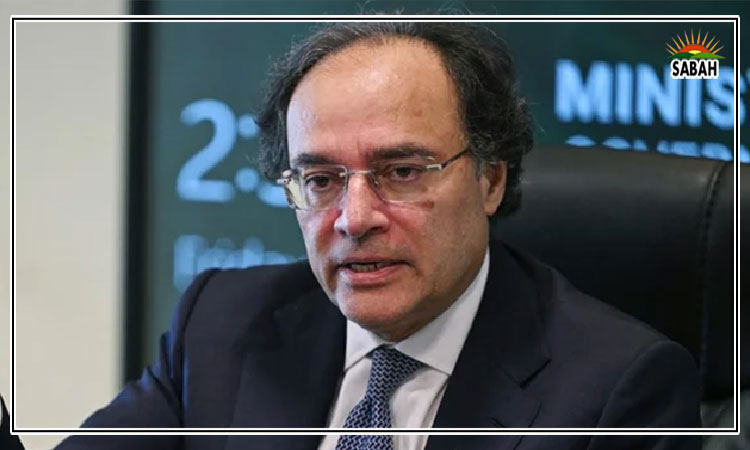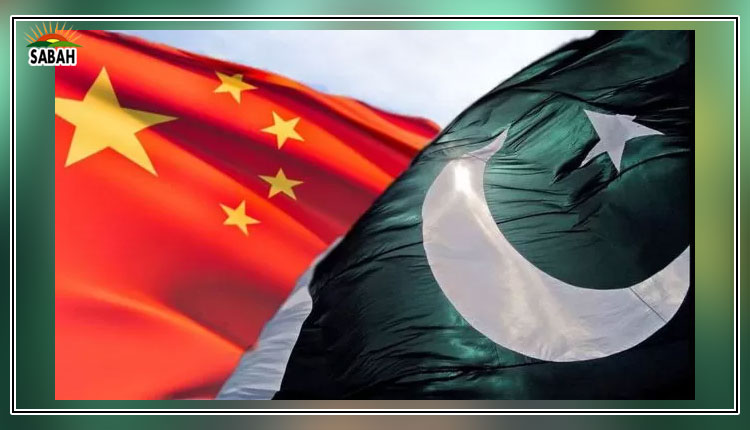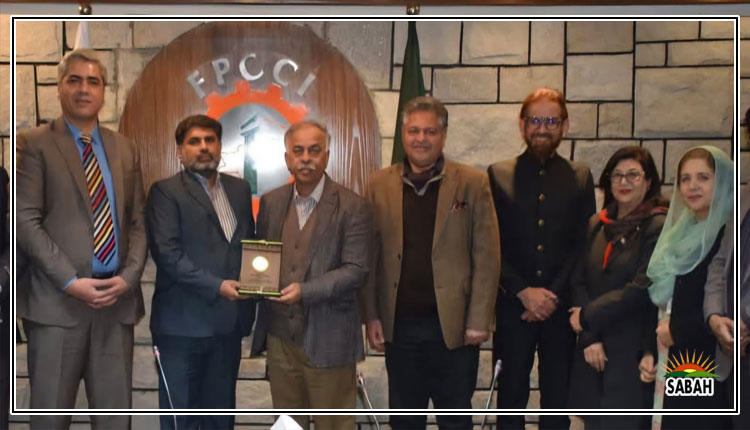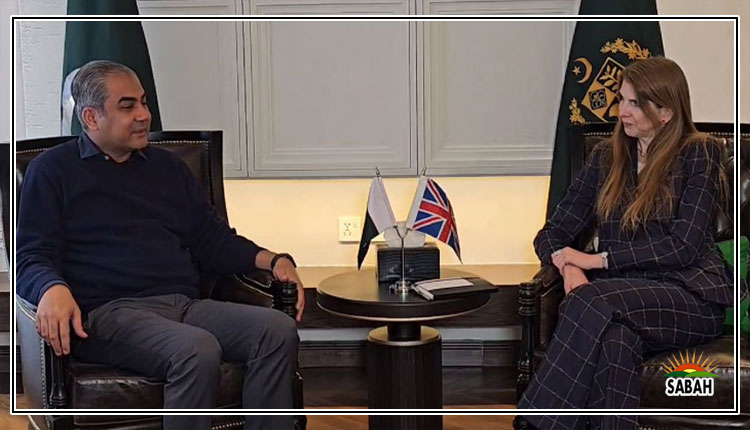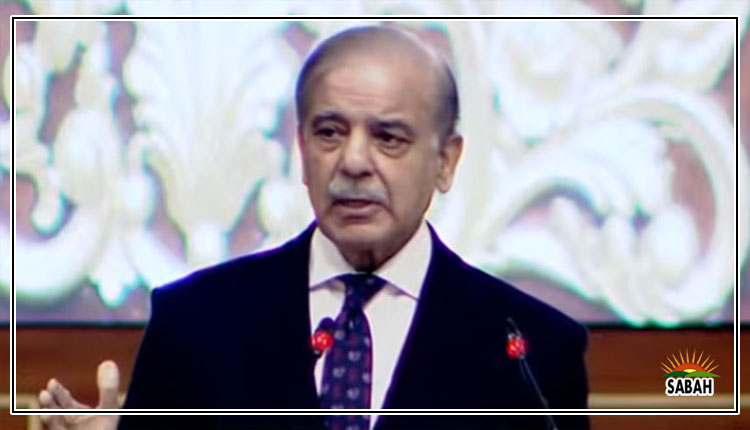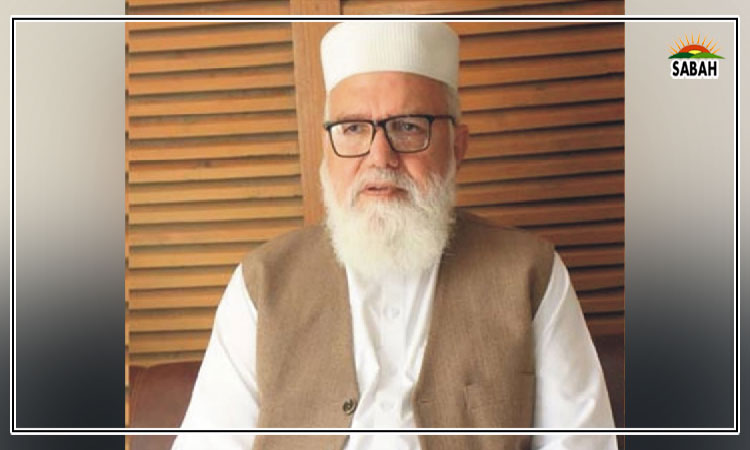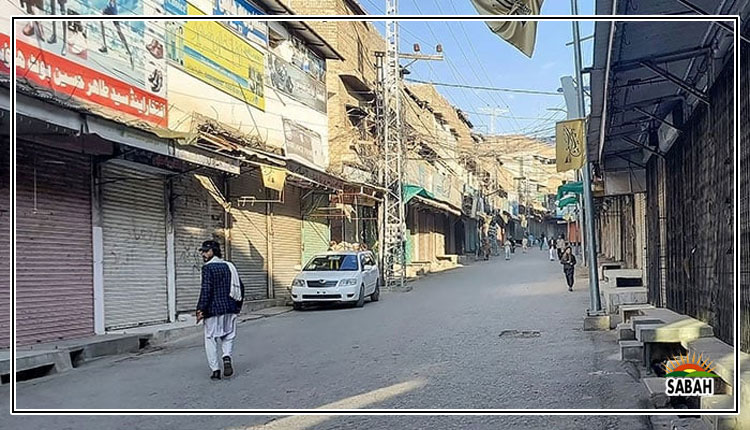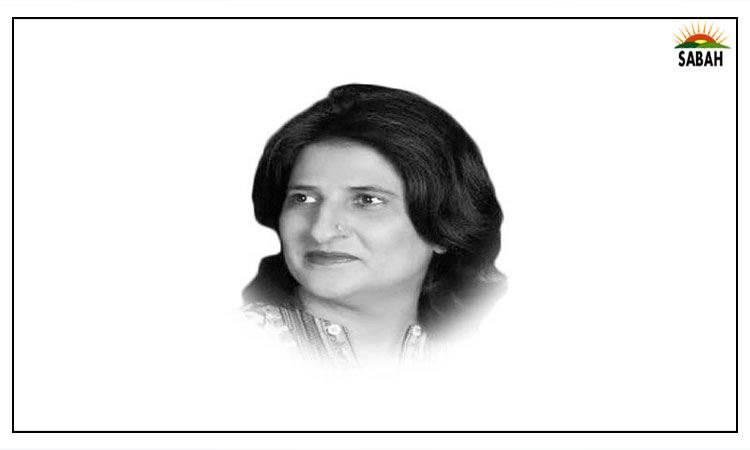Say no to camp politics?….Dr Murad Ali
Amidst most of the gloom shrouding the prospects of the countrys economic landscape (and of course of the unending political circus too), perhaps the only sanguine news of late came regarding the broader conceptual agreements between Islamabad and Moscow about the expected import of Russian crude oil to Pakistan. Various modalities, particularly regarding the mode of payment in the currencies of friendly countries, most probably in Chinese RMB, are still to be finalized along with matters concerning insurance, logistics and overall volume and the extent of discount Moscow can offer.
After a consensus on the technical specification [is] achieved, the oil and gas trade transactions will be structured in a way it has mutual benefit for both countries, as asserted by the joint statement issued after the visit to Islamabad by Russian Energy Minister Nikolay Shulginov and his delegation.
Pakistan has been spending the bulk of its foreign reserves on the import of petroleum products. Faced with a massive financial crisis caused by the dollar crunch, access to Russian oil markets at a discounted price would be a windfall for a government fighting for its life. Running from pillar to post by approaching friendly countries to boost its foreign reserves, tapping into this huge oil market could alleviate Pakistans ballooning trade deficit and balance-of-payments crisis as the countrys foreign currency reserves have declined from $17 billion to $4.3 billion during the last year.
Currently, Pakistans total annual crude oil imports are about 70 million barrels, costing over $6.5 billion a year. Once the agreement is reached, Pakistan is expected to import over 30 per cent crude oil from Russia. Given the Western restriction of $60 a barrel on Russian crude oil, forced on Moscow to deprive it of its oil cash flow because of the Ukraine war, Islamabad can potentially save half a billion to a billion dollars per year in its overall oil import bill.
And Pakistan is not the only country to exploit this situation for its interests. It is a win-win situation as Moscow needs foreign currency as well as new markets for its natural resources as it is the worlds third-largest oil producer, accounting for about 11 per cent of the global oil reserves. While Islamabad is quite late to reap the dividend, New Delhi, on account of its historically friendly ties with Moscow, has been taking full advantage of the discounted Russian oil. Last year, India imported about 15 per cent of its total oil imports from Russia.
Pakistan has not been able to tap into this huge petroleum market in the past because of both its close strategic ties with the Gulf oil producing economies and its historical alignment with the Western bloc. Recent developments on both these fronts and beyond the region must have awakened Pakistan to the reality to diversify its bilateral as well as trade ties. For example, in a rare emergency session of the United Nations General Assembly (UNGA) last year, 141 of the 193-member body adopted a resolution, censuring the Russian invasion of Ukraine and asking Moscow to immediately halt further advancements and withdraw its forces from Ukraine. In addition to other major countries, China, Pakistan, India and Bangladesh abstained from voting.
However, unlike Indias, Pakistans neutrality in the ongoing crisis is conspicuous as the country has remained in the western bloc throughout its history: both during the Cold War period and in the war on terror era. Pakistan stayed away from voting despite the exhortation of western capitals. Prior to the day of the voting, key diplomats from 22 countries, including members of the European Union (EU), Canada, United Kingdom, Australia and Japan, urged Pakistan to condemn Russian aggression against Ukraine and support a resolution against Moscow at the UNGA.
While Pakistans neutral stance has remained a hard pill to swallow for European countries and their allies, the reality is that Pakistans National Security Policy has unequivocally spelled out that Pakistan does not subscribe to camp politics. Pakistans geo-economic pivot is focused on enhancing trade and economic ties through connectivity that links Central Asia to our warm waters. The policy document has recognized the significance of Moscow-Islamabad ties as it has stated that Pakistan is committed to reimagining its partnership with Russia in energy, defence cooperation, and investment. The relationship is already witnessing a positive trajectory and Pakistan will continue to strive to maximise mutual gains.
In his best-selling book Prisoners of Geography: Ten Maps That Tell You Everything You Need to Know About Global Politics celebrated British journalist Tim Marshall has asserted that Russia is at a geographical disadvantage, saved from being a much weaker power only because of its oil and gas. No wonder, in his will of 1725, that Peter the Great advised his descendants to approach as near as possible to Constantinople and India. Whoever governs there will be the true sovereign of the world.
Russia is a unique country in multiple ways. Here are some interesting facts. With an area of 17,098,242 sq km, Russia is the largest country in the world. It is about twice the size of Canada (9,984,670 sq km), the United States of America (9,833,517 sq km) or China (9,596,960 sq km). It is five times the size of India, 25 times the size of the UK. The country has land boundaries of 22,407 km and it borders 14 countries, the largest number of countries along with China (China is the only other country bordering 14 independent countries). However, with a relatively small population of about 144 million, fewer people than Pakistan, Nigeria or Bangladesh, it is the ninth largest country in the world in terms of population.
Perhaps, Tim Marshall has aptly stated that God has been unkind to Russia in terms of its geography as the country has several constraints. Because of its extreme weather conditions, its agricultural growing season is short. Astonishingly, the country has a mere 43,000 sq km irrigated land. Agricultural land is about 13 per cent while arable land is just over 7.0 per cent while permanent crops are grown over a paltry 0.1 per cent of the land. Given such a geography and terrain, it is not surprising that Moscow faces a daunting challenge of adequately distributing around the eleven time zones what is cultivated and harvested within the country. Russia has abundant natural resources comprising huge deposits of oil, natural gas, coal, and numerous strategic minerals including plenty of reserves of rare earth elements, but tough climate, inhospitable terrain and massive distances hinder the exploitation of these vast natural resources.
For Pakistan, it is imperative to remain neutral and pursue its own interests. While it is extremely vital to expand our ties with other countries and diversify our economic relations, the US is still Pakistans largest export destination. According to the UNs COMTRADE database on international trade, Pakistan exports to the US were $4.14 billion during 2020 and imports from the US were $2.58 billion in the same year. In contrast, Pakistan exports to Russia were $144.54 million and imports were $613.08 million during the corresponding year.
There is tremendous potential to expand and deepen our economic and trade ties with Moscow, but not at the cost of alienating Western countries. To this end, a sane way is not to start calling the recent oil talks a game-changer. The best way ahead is not to create unnecessary hype at home and abroad, but silent diplomacy aimed at achieving national interests.
Courtesy The News


